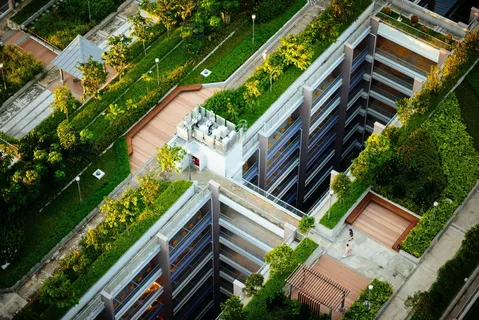Urban gardens also contribute to environmental sustainability. Plants absorb carbon dioxide, filter pollutants, and cool the surrounding area. Rooftop gardens, in particular, reduce the urban heat island effect, lower energy consumption by insulating buildings, and manage stormwater runoff.
Advertisement
Social benefits are equally significant. Community gardens create spaces where neighbors come together, share knowledge, and strengthen bonds. They often serve as educational hubs, teaching children and adults about food production, ecology, and sustainability. In dense urban environments where isolation can be common, gardens foster a sense of belonging and cooperation.


